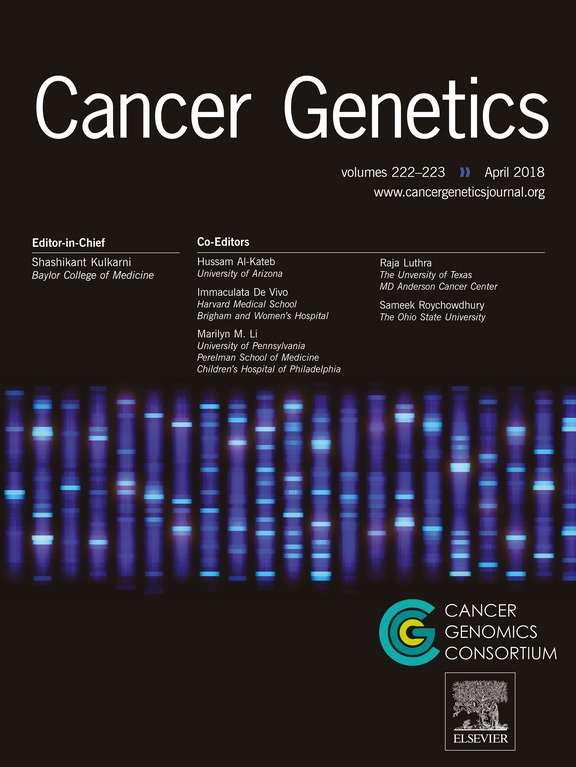
11:00 AM - 12:00 PM Eastern
Location: This is a live virtual event
Circulating tumor DNA (ctDNA) testing has evolved into a powerful tool for monitoring and managing cancer. Initially used to track disease burden and detect resistance mutations in advanced cancers, ctDNA analysis now guides oncologists in selecting targeted therapies and, in some cases, replaces the need for invasive biopsies. Recent evidence also supports ctDNA clearance as an early marker of treatment response. Advances in ultrasensitive sequencing technologies have enabled detection of molecular residual disease (MRD) after curative treatment, with ongoing studies assessing whether MRD-guided management improves outcomes. Looking ahead, ctDNA offers promise for cancer early detection, potentially addressing major gaps in current screening programs and promoting equitable access. However, challenges remain—especially around cost, sensitivity in early-stage disease, and interpretation across tumor types and treatments. Understanding technical, biological, and clinical factors related to ctDNA tests will be key to their responsible integration into patient care.
Dr. Scott Bratman is the Dr. Mariano Antonio Elia Chair in Head and Neck Cancer Research at University Health Network, Staff Radiation Oncologist at Princess Margaret Cancer Centre, and Associate Professor at University of Toronto. He serves as Research Director of Princess Margaret Cancer Centre's Radiation Medicine Program and Co-Chair of the Head and Neck Disease Site Committee at Canadian Cancer Trials Group (CCTG). Dr. Bratman is known for his contributions to novel liquid biopsy methods with immense scientific and clinical impact. His research has produced fundamental discoveries in cell-free DNA biology with implications for precision medicine and response monitoring in oncology. The Bratman Lab looks to accelerate discoveries in head and neck cancer biology, dynamic biomarkers, and risk-adapted therapy. Dr. Bratman holds a BA from Princeton University and an MD/PhD from Columbia University and conducted postdoctoral training at Stanford Cancer Institute.
Speaker: Scott Bratman, MD, PhD
Learning Objectives: At the end of this webinar, participants will be able to:
- Appraise different types of ctDNA assays available for clinical testing.
- Evaluate how ctDNA tests can be used in appropriate clinical settings.
- Describe shortfalls of current ctDNA technologies.

